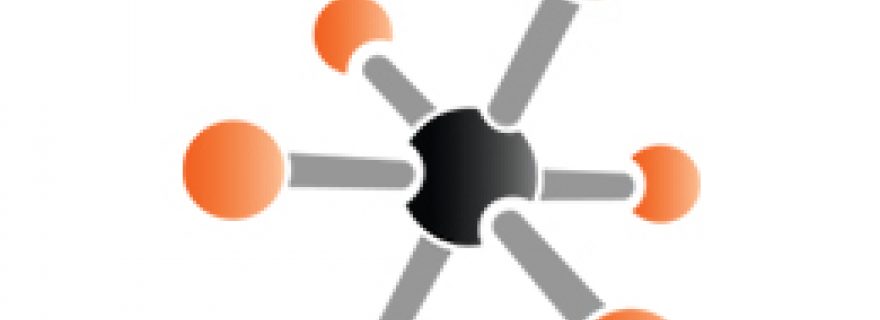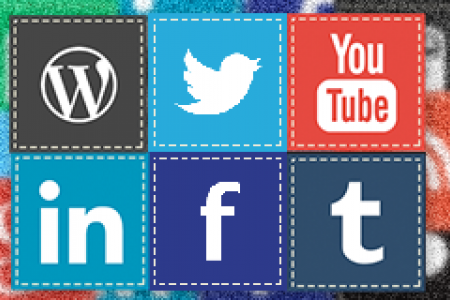Bubbling about the ScienceOnline Leiden Unconference 3.0
Last Thursday I attended the ScienceOnline Leiden Unconference. The theme for this year's unconference was 3.0, or the merging ofoffline (1.0) with online (2.0), and how to get the next generation involved in science.
Last Thursday I attended the ScienceOnline Leiden Unconference. We've already reached the third edition of this annual gathering and as in previous years it was a fun and informative event. The theme for this year's unconference was 3.0, or the merging of offline (1.0) with online (2.0), and how to use all the ideas linked to this concept to the question of how to get the next generation involved in science.
The afternoon kicked off with a talk by Erik Kwakkel on his use of social media to communicate his research. It reminded me quite a lot of his lecture during the (social) media workshop for researchers I attended last year. It is always interesting to hear Erik speak about his social media strategy and to experience his passion for his field of study. This was followed by a round of workshops ranging from a discussion of MOOCs and how they engage students, to the worries of Leiden citizens due to globalisation and how these were visualised for a museum exhibition, to how to really get the general public involved in setting the new Dutch Science Agenda. I attended the latter and it was a great exercise in thinking outside the box to reach a larger, and more importantly, lay public and get them invested in the importance of scientific research.
After the break we sat down for another round of workshops. This time the topics were how to get into Quest magazine, how to create your own science infographic, and how to escape the filter bubble. I sat in on the first one, led by Thomas Hendriks, Quest's editor in chief, and it was a very interesting look at how Quest works and what would make your work interesting to the editorial team. The talk was perhaps more interesting to the science journalists in the room than the researcher, but it still contained some great tips on how to make your writing more accessible to the general public, such as keeping it simple, take an everyday question relating to your research as a starting point, and don't try to cram everything into the body of the text. If you have some fun facts or a definition or term that needs a more detailed explanation, use inserts. In the final plenary discussion of the day, Thomas Hendriks also returned to discuss with an elementary school principal and the audience how to best engage the next generation in science. He revealed some of the projects Quest is working on to accomplish this. He talked about giving his content to school for free for educational purposes and about developing educational tool kits, which let middle grade kids experiment on their own in a bit of a maker space vein, supporting their teachers with educational material and film.
The day ended with a performance of science poetry by Bauke Steenhuisen. He is an assistant professor at TU Delft and he takes the often unintelligible (to the lay person) abstracts from PhD theses and fits them into a sonnet. And through the power and conciseness of poetry he manages to make them clear and meaningful. You can see his TEDxDelft talk about the topic below.
Once again, the ScienceOnline Leiden Unconference proved to be inspirational and very informative. If you get the chance to attend next year's unconference, or any of the other events throughout the year, I highly recommend you do. It is a good way to meet other scholars and scientists, but also people active in the field of communications who can all provide you with different perspectives and tips on how to reach out to the public at large. If you want to see more of what happened on the day, you can check out this report on the ScienceOnline Leiden website.





